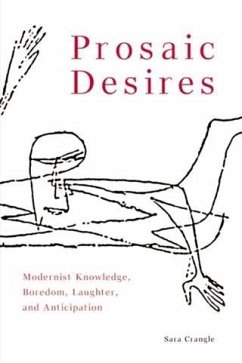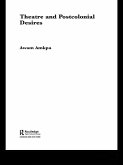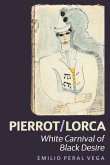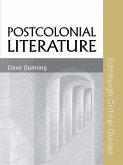Exploring a variety of everyday human longings as they arise in modernist fiction, this book poses a direct challenge to psychoanalytic criticism that characterises desire as sexual or powerful in nature. Using continental philosophy as its framework, Prosaic Desires contends that human longings are as endless in kind as they are in manifestation. As philosophy moved into the twentieth century, there was a discernible shift in emphasis from individual wilfulness to the role of the other in desire. In examining this historical trajectory, Prosaic Desires considers Schopenhauer, Nietzsche, and Heidegger, but relies primarily on the thinking of Emmanuel Levinas, who radically inverts the traditional philosophical pursuit of subjective autonomy by arguing that the self is defined by endless longing for the other. In an extension of Levinasian theory, Prosaic Desires claims that desire-driven shifts from self to other can be located in modernist literature. The banal longings examined here lie within the poles of sexuality and power, and include desires to know and escape boredom, as well as risibility and anticipation. Authors studied include Joyce, Woolf, Stein, and Beckett, all of whom evince a discernible movement away from self-absorbed, grand narratives of desire toward other-based, evanescent longings throughout their careers. Central to their modernist writings - and in turn, to Prosaic Desires - is the conflicted relationship between daily, finite experience and the limitlessness of human desire.
Dieser Download kann aus rechtlichen Gründen nur mit Rechnungsadresse in A, B, BG, CY, CZ, D, DK, EW, E, FIN, F, GR, HR, H, IRL, I, LT, L, LR, M, NL, PL, P, R, S, SLO, SK ausgeliefert werden.









